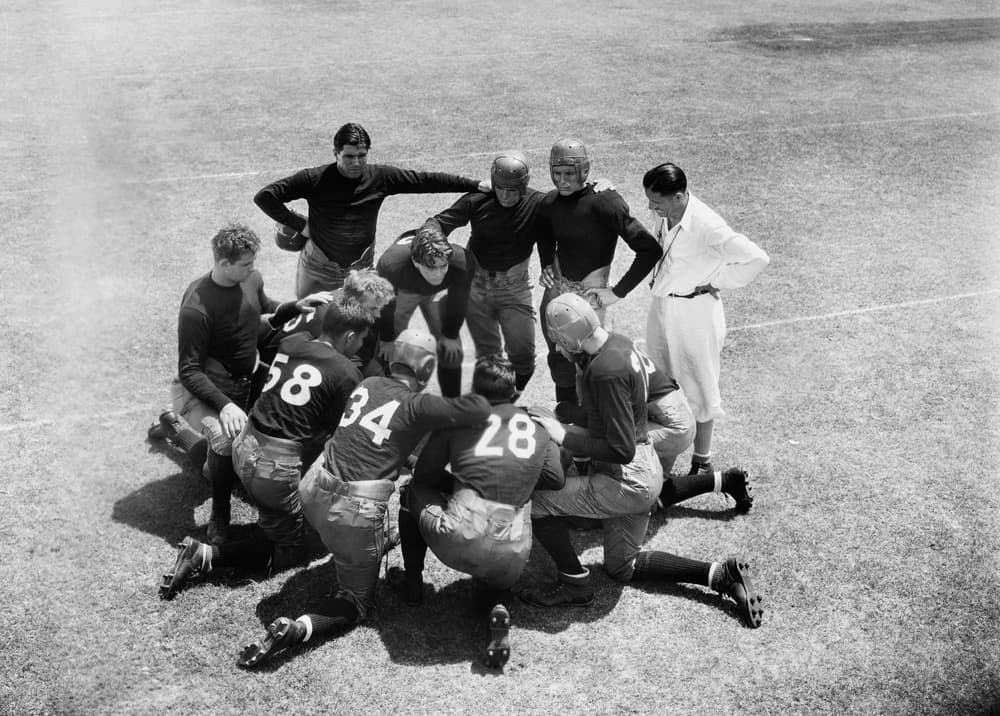Self-insured employers with successful workers’ compensation claim management programs know one key fact – the better the adjuster, the lower the claim cost. Whether the self-insured employer has dedicated and/or designated adjusters at the third party administrator, or utilize their own in-house adjusters, the selection of the best adjusters can be tricky.
Too often self-insured employers make the mistake of judging adjuster quality based solely on the ability of the adjuster to maintain rapport with the employer. While rapport is important, there are several other key traits the self-insured employer needs in each adjuster handling their workers’ compensation claims. Successful adjusters have many attributes. Four primary attributes the self-insured employer should look for in the adjuster selection process are:
- Communication
- Documentation
- Proactive
- Courteous
Communication:
Few things are more dangerous to the self-insured employer than the workers’ compensation adjuster who does not communicate openly and often. Major claim developments that are unknown to the self-insured employer can wreak havoc. With open communications between the adjuster and the employer, the employer is kept informed of each claim’s progress. Open communications allows for the exchange of information about the claim and ideas on how to assist the injured employee while moving the claim forward. Open communications with the adjuster is not for the employer to micro manage the claims, but to facilitate collaboration and claim progress.
Documentation:
The best workers’ compensation adjusters thoroughly document their files. Each phone call, e-mail, medical bill, medical report, attorney letter, state filing, etc., should be documented either in the file notes, the documents section of the file, or both. If the adjuster accepts employment elsewhere, takes ill, or for some other reason is unable to continue the handling of the claim, the next workers’ compensation adjuster who picks up the handling of the claim should be able to review the file and know immediately both the former course of the claim and the current status of the claim.
Proactive:
The adjuster who allows the workers’ compensation claims to take their own course, rather than directing and influencing the claims, provides little benefit to the self-insured employer. The adjuster who takes charge and actively manages each aspect of each claim keeps the number of unpleasant surprises to the minimum. Ordinary claims that are not actively managed by the adjuster frequently take a wrong turn and become more complex (and more costly). The proactive adjuster will coordinate and manage the medical care either directly or through a nurse case manager. The proactive adjuster will arrange for the employee to return to work light duty. And, the proactive adjuster will coordinate all other aspects of the claim before there is a need for action.
Courteous:
When a workers’ compensation adjuster is not courteous to everyone in every facet of their claim handling, the resolution of the claim becomes more difficult to achieve. Courtesy is much more than the adjuster being polite on the telephone. Each missed telephone call should be returned as soon as possible, preferably the same day. Each email that needs a response should be promptly replied to. Each paper correspondence that requires an answer should be addressed right away.
Courtesy is especially important with injured employees. While a non-injured employee would over-look any unintentional slight, an injured employee who is already anxious about his/her future health and employment, will often take any bluntness or perceived lack of courtesy as the employer and the work comp adjuster not caring about their well-being. A lack of courtesy by the adjuster frequently results in the injured employee obtaining an attorney, which delays the claim resolution while increasing the claim cost.
Other Attributes of an Excellent Adjuster:
While the four attributes listed above are key to the successfulness of an adjuster, there are several other traits the self-insured employer should look for in the selection of an adjuster. The following attributes are also important, and should be evaluated in the adjuster selection (and retention) process.
- Negotiation skills
- Organizational skills
- Time management skills
- Customer service skills (customer being both the self-insured employer and the injured employee)
- Work ethic
- Ability to prioritize competing demands
- Compliance with Best Practices
- Technical expertise
If you find all of these attributes in one adjuster, it is definitely an adjuster you want to handle your workers’ compensation claims. While few adjusters will be strong in all of these areas, the greater the number of positive attributes the adjuster candidate has, the better his/her selection will be for your company.
Author Rebecca Shafer, JD, President of Amaxx Risk Solutions, Inc. is a national expert in the field of workers compensation. She is a writer, speaker, and publisher. Her expertise is working with employers to reduce workers compensation costs, and her clients include airlines, healthcare, printing/publishing, pharmaceuticals, retail, hospitality, and manufacturing. She is the author of the #1 selling book on cost containment, Workers Compensation Management Program: Reduce Costs 20% to 50%. Contact:RShafer@ReduceYourWorkersComp.com.
Editor Michael B. Stack, CPA, Director of Operations, Amaxx Risk Solutions, Inc. is an expert in employer communication systems and part of the Amaxx team helping companies reduce their workers compensation costs by 20% to 50%. He is a writer, speaker, and website publisher. www.reduceyourworkerscomp.com. Contact: mstack@reduceyourworkerscomp.com.
©2013 Amaxx Risk Solutions, Inc. All rights reserved under International Copyright Law.


























